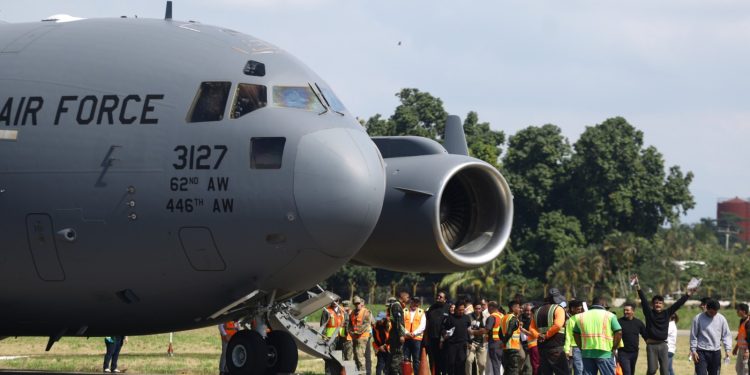Uganda has quietly agreed to a deal with the United States to accept African migrants deported from America, even when they are not Ugandan nationals, in what officials describe as a conditional arrangement under U.S. immigration law.
The agreement, linked to former U.S. President Donald Trump’s expanded deportation policy, relies on the “safe third country” provision that allows Washington to reroute certain migrants to partner states.
Officials familiar with the arrangement say Uganda’s role is limited, with conditions requiring that only deportees without criminal records will be considered. The scale of transfers remains unclear, but sources say the deal is “open-ended,” with potential to grow depending on U.S. enforcement priorities.
The move places Uganda alongside Honduras, which already accepts limited numbers of Latin American deportees. Reports also suggest that Washington has explored similar arrangements with Ecuador and Spain.
Critics argue the U.S. strategy is less about cooperation and more about discouraging migration. “The broader reason beyond that is fear and intimidation and ultimately incentivizing self-deportation,” said Doris Meissner, a former U.S. immigration commissioner.
A senior U.S. State Department official, while declining to discuss the Uganda arrangement directly, defended the wider policy. “The State Department is doing everything possible to support the President’s policy of keeping Americans safe by removing illegal aliens who have no right to be in the United States.”
Uganda, which already hosts more than 1.5 million refugees under one of the world’s most liberal asylum policies, could now be entering a new phase of migration diplomacy with Washington. Analysts note that the deal has the potential to reshape Kampala’s role in U.S.-Africa relations on migration and refugee management.


















